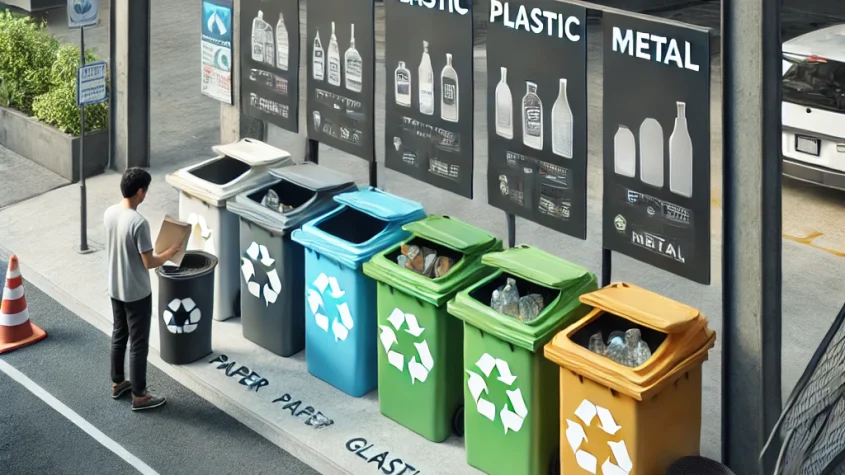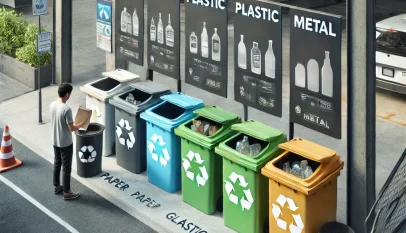Places to Drop Off Recycling: A Guide to Convenient Locations
Recycling is a crucial part of sustainable living, yet many people struggle to find convenient locations to drop off their items. This guide provides essential information on where to recycle effectively in various communities, ensuring residents can contribute to environmental preservation without hassle. Knowing the right places to drop off recycling can simplify the process and encourage more people to participate.
Many towns and cities offer designated recycling centers, often equipped to handle a variety of materials. Some grocery stores and retail outlets also provide bins for specific items like plastic bags or batteries. Each of these options presents an opportunity for individuals to ensure their waste is managed responsibly.
In addition to physical drop-off locations, several organizations run special events for recycling outreach, making it easier for the community to engage. Staying informed about these options can significantly enhance recycling efforts. With the right information, individuals can make a meaningful impact on their local environment.
Understanding Recycling Drop-Off Points
Recycling drop-off points play a critical role in waste management. They facilitate the collection of materials for recycling, ensuring responsible disposal practices. A good understanding of the types of facilities and materials accepted can enhance participation in recycling efforts.
Types of Recycling Facilities
Recycling facilities can be categorized into three main types: curbside collection, drop-off centers, and recycling depots.
- Curbside Collection: This is a regular service where recyclables are picked up from residential homes. It’s convenient as it requires minimal effort from the residents.
- Drop-Off Centers: These are designated locations where individuals can bring their recyclables. They are often managed by local municipalities or nonprofit organizations. These centers usually have specific hours of operation.
- Recycling Depots: Larger facilities that process a wide variety of materials. They may not only handle residential waste but also accept commercial recycling.
Materials Accepted for Recycling
Different recycling drop-off points accept various materials. Common categories include:
- Plastics: Look for containers labeled with recycling symbols (1-7). Not all plastics are recyclable, so it’s essential to check local guidelines.
- Metals:Aluminum cans (like soda cans) and steel items are widely accepted.
- Paper and Cardboard: Newsprint, office paper, and clean cardboard can usually be recycled.
- Glass: Clear, green, and brown glass bottles and jars are often accepted.
Each facility may have specific rules about contamination. For instance, items with food residue may not be accepted. Understanding what materials are recyclable helps ensure efficient recycling processes.
Locating Convenient Drop-off Locations
Finding accessible drop-off locations for recycling is essential for effective participation in recycling efforts. Various resources exist to help individuals locate nearby facilities.
Online Resources and Directories
Numerous online platforms provide comprehensive listings of recycling drop-off locations. Websites such as RecycleNation, Earth911, and local government sites allow users to search by zip code or city. These services often include the types of materials accepted at each location, operating hours, and contact information.
Users can also access mobile applications that provide real-time data on recycling options. Some apps feature interactive maps, making it easier to identify the nearest facility. Community engagement through social media can also lead to discovering active drop-off sites.
Local Government and Community Initiatives
Local governments often play a vital role in establishing recycling programs and drop-off locations. Many municipalities offer regular updates on locations through newsletters and official websites. City hall or community centers serve as helpful resources for residents seeking information.
Community initiatives also promote recycling by organizing events, such as clean-up days or recycling drives. Collaborating with local organizations enhances the visibility and accessibility of these initiatives. Local flyers and bulletin boards may contain valuable information about upcoming recycling opportunities and initiatives.
British Virgin Islands Financial Services Commission Regulatory Overview and Compliance Guide
The British Virgin Islands Financial Services Commission (BVI FSC) is the primary regulato…














